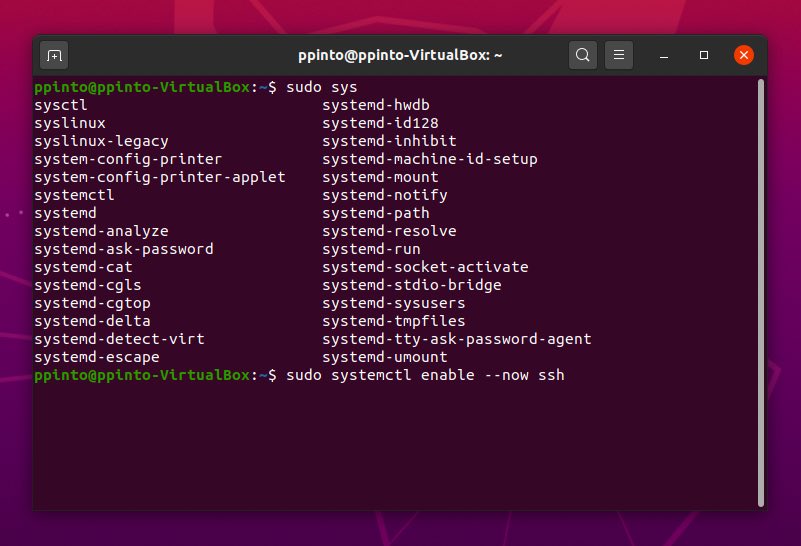


Instructions in this example to correct the configuration. Verify the static route used to reach the R2 device’s loopbackĪddress and that SSH and Telnet access are enabled. Output does not display the intended configuration, repeat the Steps to verify and commit your candidate configuration at the R1Ĭonfirm interface configuration with the show You could end up losing access to the device if you make a mistake in building the Remediation script or selecting the appropriate devices for the Compliance Report.Consider using commit-confirmed when making changes thatĪctivating a Junos OS Configuration but RequiringĬonfirmation set system host-name R2 set system services ssh root-login allow set system services telnet set interfaces ge-0/0/0 description "Link from R2 to R1" set interfaces ge-0/0/0 unit 0 family inet address 192.168.1.2/30 set interfaces lo0 unit 0 family inet filter input local_acl set interfaces lo0 unit 0 family inet address 192.168.255.2/32 set firewall family inet filter local_acl term terminal_access from source-address 192.168.1.0/30 set firewall family inet filter local_acl term terminal_access from protocol tcp set firewall family inet filter local_acl term terminal_access from port ssh set firewall family inet filter local_acl term terminal_access from port telnet set firewall family inet filter local_acl term terminal_access then accept set firewall family inet filter local_acl term terminal_access_denied from protocol tcp set firewall family inet filter local_acl term tcp-estab from protocol tcp set firewall family inet filter local_acl term tcp-estab from tcp-established set firewall family inet filter local_acl term tcp-estab then accept set firewall family inet filter local_acl term terminal_access_denied from port ssh set firewall family inet filter local_acl term terminal_access_denied from port telnet set firewall family inet filter local_acl term terminal_access_denied then log set firewall family inet filter local_acl term terminal_access_denied then reject set firewall family inet filter local_acl term default-term then accept set routing-options static route 192.168.255.1/32 next-hop 192.168.1.1 Be 100% of your commands for each device, since the Remediation process will do exactly as you command. It will automatically apply the configuration changes to your devices when the Compliance Report is run.

You can achieve a similar result using old-school skills as follows: The SWQL process shown is fun and contemporary-more so than I. WHEN n.ManagedProtocol = 2 THEN 'Fraggle Rock' - just another example WHEN n.ManagedProtocol = 1 THEN 'SSH 2' - just an exampleĪnd finally you can remove the ELSE statement once everything's mapped:
Firewall builder use telnet vs ssh trial#
Trial & error is probably the best way to get the values matched up with their meaning, but as far as displaying it, case statements work nicely.ĬASE WHEN n.ManagedProtocol = 0 THEN 'SNMP'ĮLSE 'Another Number We Have Not Figured Out Yet'Īnd then as you discover what the other potential numbers are you can add them in: Sometimes there's another field in the same SWQL entity that gives the text enumeration but I don't see one in this case.


 0 kommentar(er)
0 kommentar(er)
